What to Watch: Week of February 15
16 Feb 2021, by Kristin Cundiff Share :Property Tax
Chairman Rice introduced Senate Bill 1108 late last week in the Senate Local Government and tax. This is the latest bill to address property taxes. This bill will be heard in committee on Thursday, February 18th. The framework for this bill provides much more flexibility for local governments than the 4% cap in Senate Bill 1048. Senate Bill 1108 would do the following:
- Local taxing districts would continue to be subject to the 3% cap on annual property tax budget increases.
- In addition to the 3% cap, local governments would still be able to budget new construction.
- New construction property taxes would be calculated using a new formula. Rather than applying the prior year leavy rate to the new construction roll, a revised levy rate would be calculated more in line with the levy rate associated with a 3% budget increase for the upcoming year. This would result in a lower levy rate for determining new construction when compared to the prior year levy rate.
- There would be a limit on how much new construction could be added to the local government’s property tax budget. Under the proposal, a taxing district would only be allowed to budget up to 75% of the new construction amount.
- Counties could only budget 50% of the new construction associated with the termination of a revenue allocation area.
- Annual increases due to previously forgone property taxes would be capped at 1%.
- If you want to exceed the 4% cap you can do so on a temporary 2-year basis with a majority vote or permanently with a 2/3rd vote.
Income & Sales Tax Reduction Bill
Today Chairman Steve Harris introduced House Bill 199 in the House Revenue and Taxation Committee. This bill would reduce income and sales tax. Sales tax would be reduced from 6% to 5.2% starting January 1, 2022. The grocery tax credit would be repealed. The tax relief would be funded using the Tax Relief Fund or what some refer to as the “Wayfair” money. This fund is made up of internet sales tax from companies that do not have a physical presence in the state of Idaho. The monies have been set aside in this growing Fund instead of running through the revenue distribution formula.
When the Tax Relief Fund was originally proposed, it was set to sunset in 2024. The Tax Relief Fund should then be run through the revenue distribution formula prior to the money being allocated for other purposes. However, under this new proposal, the funds would no longer run through the revenue distribution formula denying counties a significant source of revenue that counties have been counting on since the fund was created.
Transportation Funding
House Bill 133 introduced last week by Chairman Joe Palmer in the House Transportation Committee amends the Transportation Expansion and Congestion Mitigation (TECM) Program to provide for additional funds for roads and bridges at both the state and local level. It increases the 1% sales tax already used to bond for TECM projects to 3% (not less than $45 million) for bonding purposes. Local governments would also be allowed to participate in bonding for projects. In addition, it increases fees for issuing automobile titles by an additional $28 for exclusive use on local transportation systems.
In other transportation funding news, we are awaiting a supplemental to be approved in the Joint Finance Appropriation Committee for $126 million dedicated to transportation funding using part of the $650 million surplus. This one-time money would be split with 60% going to the state and 40% going to the locals through the highway distribution formula.






